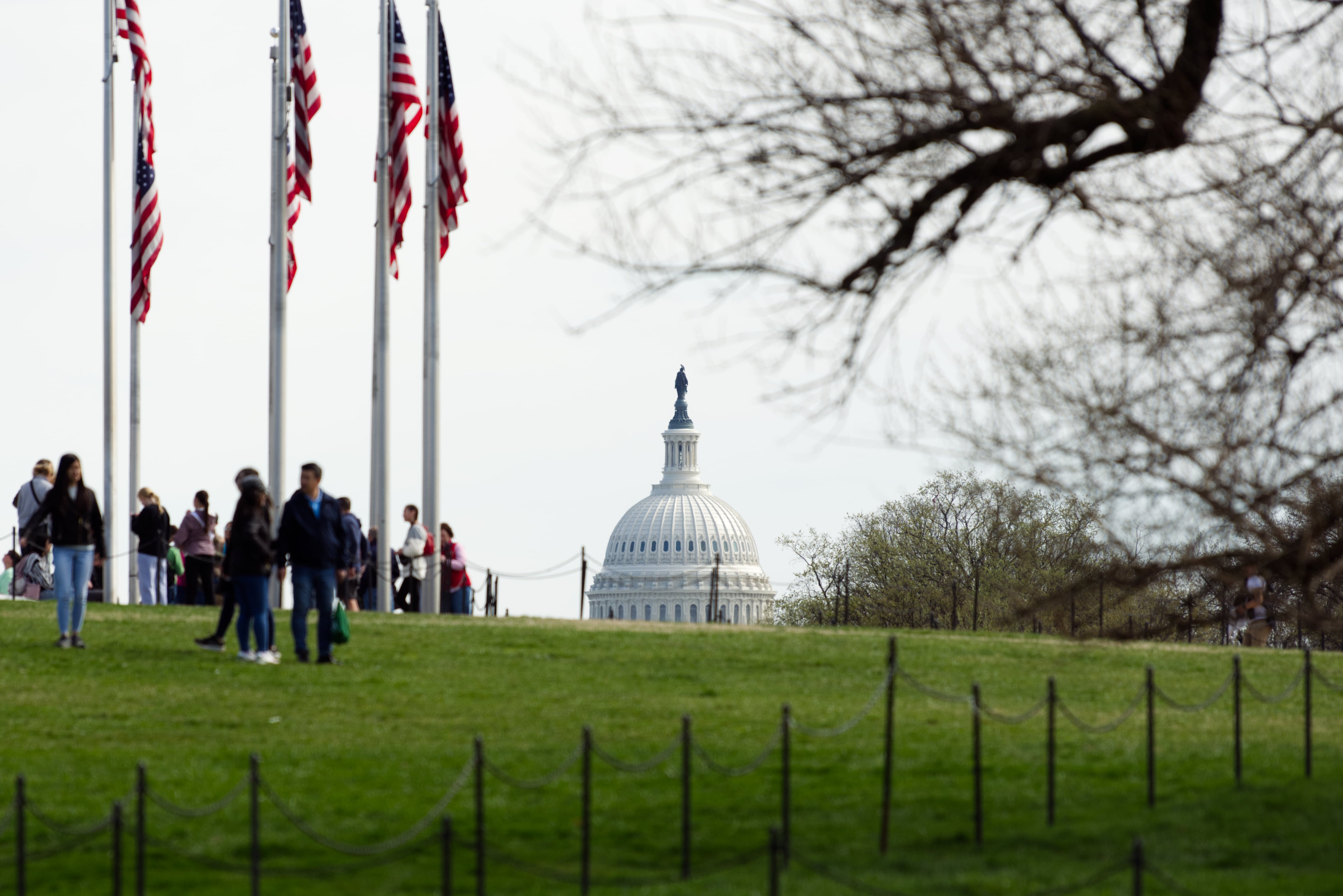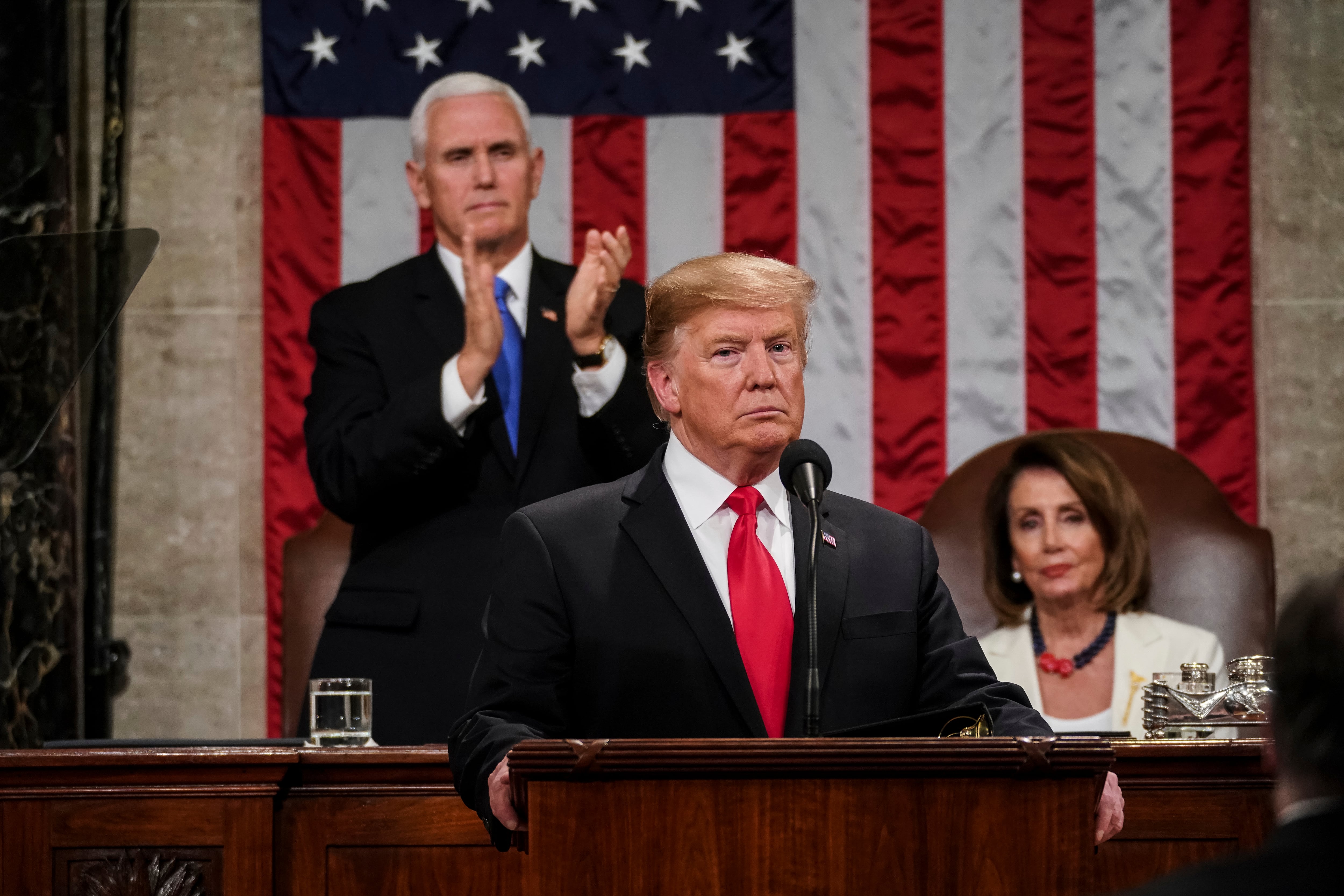If given the opportunity to devote greater resources and funding to their programs, federal managers who spoke at the Dec. 13 Presidential Ranks Awards Leadership Summit said they would put a majority toward workforce, particularly by investing in the workforce they already have.
“I’d love to hire more people, but I’m not really thinking about hiring more people, I’m thinking about investing in the people we already have. Because we have great people,” said Peter Grevatt, director of the Office of Ground Water and Drinking Water at the Environmental Protection Agency.
That investment can take the form of better technologies to help employees with their work, work flexibilities and employee benefits.
According to Angela Bailey, chief human capital officer at the Department of Homeland Security, many DHS employees rather than citing a need for increased pay said what they really wanted their agencies to help with are things like childcare or student loan costs — things that were keeping them from being able to completely focus on their work.
“One of the things that we’re really concentrating on is thinking about the employees from the holistic environment for them, not just in the workplace,” said Bailey, adding that such considerations should extend to managers, as well.
“How about if we actually think about our managers as being employees, too. And what I mean by that is, how can we start actually taking care of our managers so that they can take care of employees?”
Part of that includes greater flexibilities so that employees can take the time they need to accomplish personal tasks so they can focus on their work.
According to Bill Eggers, executive director of the Deloitte Center for Government Insights, employees max out at about three hours of productivity a day, with much of that productivity occurring in uninterrupted 90-minute spurts.
“I will acknowledge that at EPA we’re not doing enough of this,” said Grevatt. “We need to be thinking about … the productivity gains are not going to come by saying ‘work another hour,’ because they’re already working a couple of extra hours. And that’s a place that’s a place that we need to figure out, and from my perspective, in my federal agency, we haven’t done enough of that to date.”
For some employees, that increased productivity comes through telework, which incentivizes them to devote additional time to a project.
“We know that people who telework work longer days. And it’s easier for them to work longer days,” said Nancy Sieger, deputy chief information officer at IRS.
Managers also said that they wished for more flexibility in hiring new employees and where those employees are able to work.
“We have so much talent that sits in the same place, and [we should] find a way, within the same agency, across government, to move from job to job. Because I think it would make us richer and keep employees more engaged,” said Sieger.
Eggers suggested that government attempt to create a “cloud” of employees that have certain in-demand skills, which can be assigned to in-need agencies on a temporary basis, so that agencies get the experts they need, and employees get to experience a variety of work in their federal careers.
Jessie Bur covers federal IT and management.




